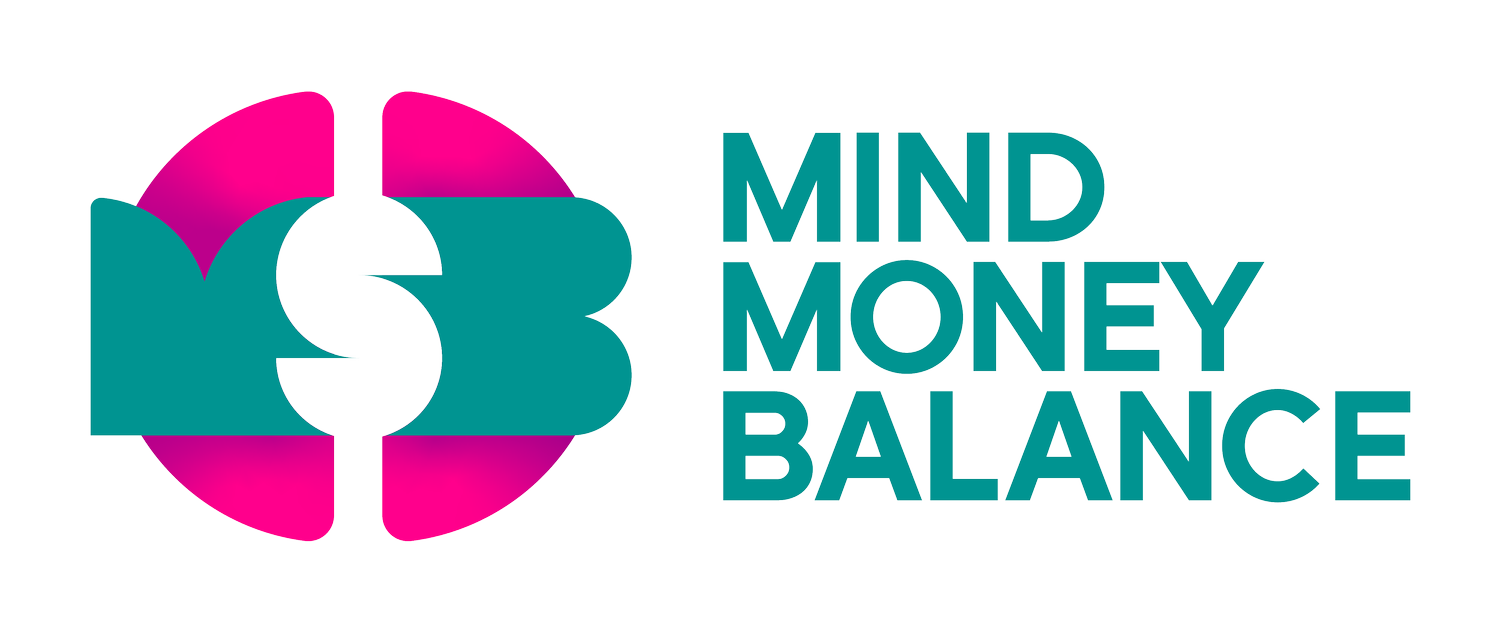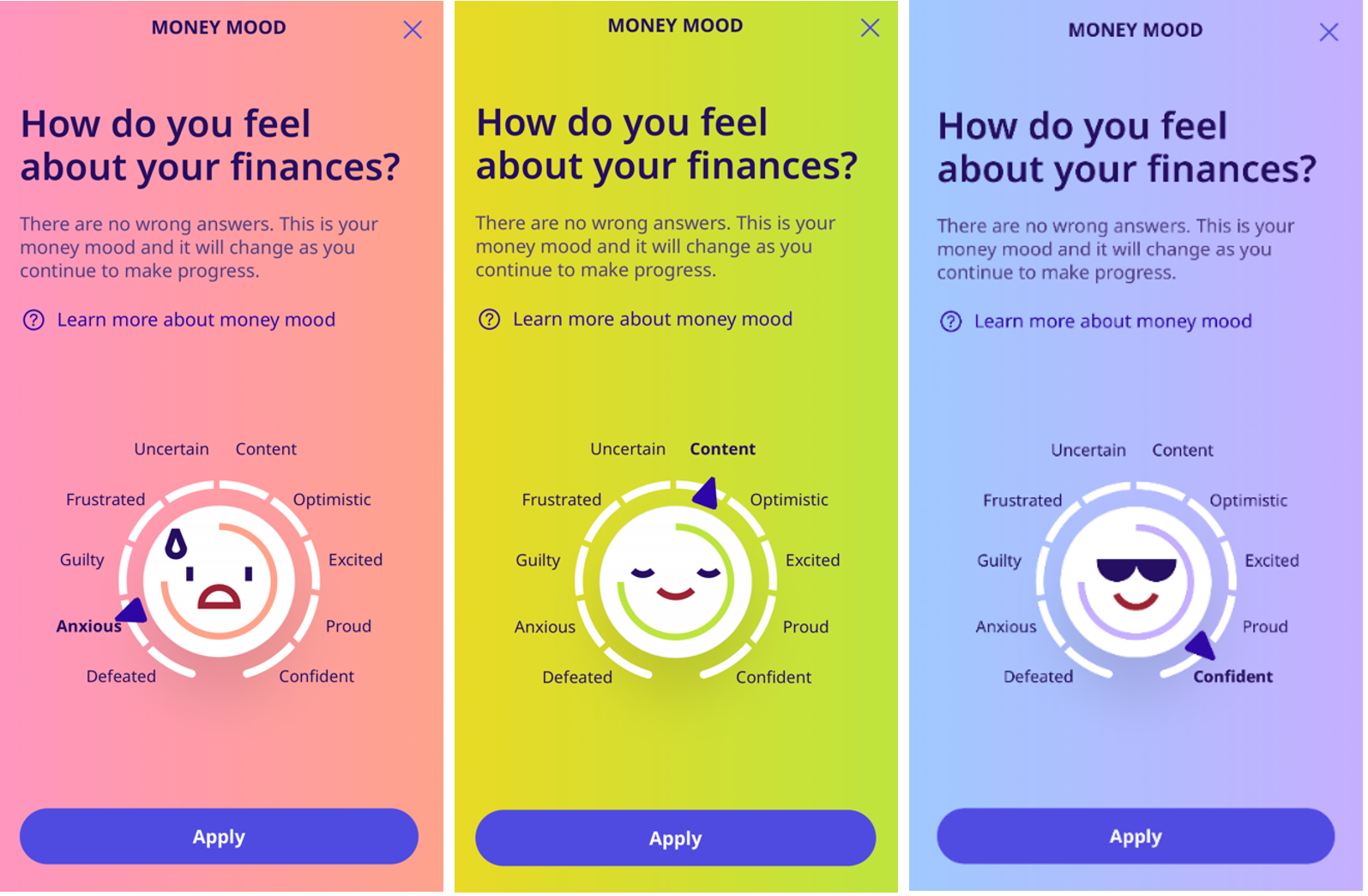Step Into Spring with Financial Confidence
In partnershIp with Upwise
As the seasons change, it's a great time to review your current money habits, let go of the ones that aren't working, and start anew (or revisit!) steps toward achieving your version of financial wellness. For me, seasonal change is also a reminder to review how I currently feel about money and ways I can maintain positive financial habits moving forward.
How Do You Feel About Money?
I often ask my clients, “How are you feeling about money?” or in other words, “What’s your money mood?” If you're struggling to answer this question, ask yourself, what emotions come up when it's time to pay bills? How do you feel when your paycheck hits your bank account? How about when you hit "submit" on your annual tax filing?
If you're still struggling to attach a mood to your money, MetLife’s financial wellness app, Upwise, allows you to track it through an interactive Money Mood Dial, which helps you register emotions ranging from frustration to confidence as you’re using the app. Tracking how certain financial practices change your mood will deepen your understanding of which emotions resonate most when it comes to money and how those emotions influence your financial habits.
Budgeting vs. Guesstimations
I also like to include budget tidying in my financial spring clean. Most people think of a budget as a restrictive tool; however, it can be freeing to understand how much money is coming in and out of our accounts each month. Many people also engage in "mental accounting" with their budgets, where they guesstimate their monthly spending. While a guesstimate here or there isn't the end of the world, not knowing your numbers can easily lead to overspending.
If you're like me, you've probably under-counted how much eating out, spoiling your dog, or date nights cost. If you're worried about tracking every expense, I understand! Since Upwise is tied to my credit and checking accounts, I can ensure those dollars are accounted for every time I swipe. The app also has a Daily Budget Saver tool and a Spend Control challenge that helps you determine if you are on track, overspent, or have a surplus (bonus!).
When we’re in day-to-day budgeting mode, it can be easy to lose sight of longer-term financial planning goals that can help bring us peace of mind, like creating an emergency fund or preparing a will. That’s why, in addition to helping me monitor and regulate my weekly or monthly budget, I also rely on Upwise to ensure my future planning is factored in. For example, the app has an Emergency Fund challenge that helps you create a manageable goal and timeline for building a safety net for your needs!
Taking Positive Financial Steps
It's time to put those feelings around money into action. One of the most painless ways to save money is to reduce recurring expenses.
With Upwise's Subscription Buster challenge, you can see all your subscriptions in one place, select the ones you want to cancel, and Upwise will unsubscribe on your behalf. I'm a fan of "letting the robots do their jobs," and this feature is a great way to tap a few buttons and watch the savings add up.
Upwise also offers a Bill Negotiator challenge in partnership with Billshark, which allows you to search for bills you'd like negotiated down. If they successfully negotiate your bill, you pay a one-time fee equal to 35% of any negotiated savings to Billshark, and voilá! Your bill is reduced. I wish I had access to this before spending many hours back and forth trying to reduce my monthly cable cost!
Maintaining Good Financial Habits
Most people think starting a new habit is the hardest thing about behavior change, but the more difficult task of maintaining those habits is often overlooked. Think: it's easy to go to bed 2-3 nights without your phone in your hand; maintaining that habit for a month seems far more difficult.
Looking at the big picture to maintain new financial habits can be helpful, and Upwise's new Financial Assessment tool can help you see how seemingly small changes can add up over time and help you reach your long-term financial goals.
I hope these ideas motivate you to tackle some financial spring cleaning!
The products that appear in this blog are from a third party partner from which the author receives compensation. This compensation may influence which products are reviewed, written about, and advertised.

